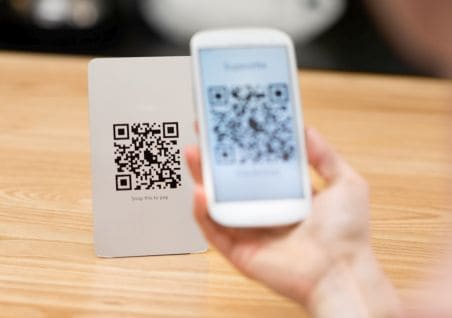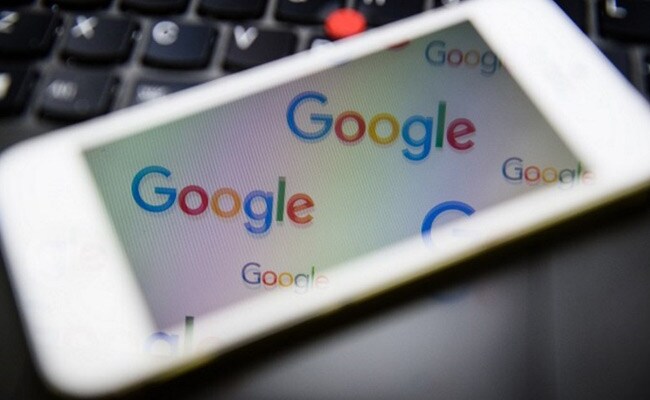Bengaluru : Technology giant Google has completed the testing of its Unified Payments Interface (UPI) payment service and is awaiting Reserve Bank of India's (RBI) approval to launch its service in the country, the National Payments Corporation of India (NPCI) today said. The umbrella organisation for all retail payments system in India also said that Facebook and Whatsapp too are in discussion with it, regarding rolling out of their UPI payment services. Officials said while Google could have a separate app with its Android Pay application, the other two will integrate with their instant messaging- Facebook messenger and WhatsApp.
Also Read: Why Messaging Service Apps Are Interested In India's Digital Finance MarketWhatsapp, Facebook and Google are on the way, they are on the job, and the discussions are on. Very soon these three will also get operational, NPCI MD and CEO A P Hota told reporters. He added that quite likely Google would come first, because their testing is more or less complete. We have written to RBI seeking approval just two or three days back.
He further said, As far as Whatsapp is concerned discussions have commenced, it requires a series of discussions. For Facebook, discussions are in preliminary stage.
Speaking at a knowledge session on digital payments in India, Mr Hota said the companies were in discussion with various banks regarding the partnership for roll out after RBI's approval.
Stating that in the UPI each of the banks can have their own application, he said there are fifty banks who are members of UPI and out of them, thirty seven banks have developed their own UPI applications.
Some of the banks instead of applying have asked their third party service providers to develop the app and make their bank as the acquiring bank. Truecaller, PhonePe, Chiller- there are sixteen such big fin-tech companies, he added.
Not wishing to give any timeline for the RBI approval to come, Mr Hota said they will also have to look apart from technical things.
Google, Facebook and Whatsapp are very big players. Technically it is feasible, but RBI would have to take a holistic look. They will have to look whether there are any risks other than the technology thing, he said.
Expressing disappointment over Indian banks not showing interest towards the opportunity present before them, Mr Hota said, "If our banks bring all their might, there is no need for such players, but our banks do not take interest."
Also Read: Meghalaya Government Signs Two MoUs With SBI For Digital Transactions
Highlighting the nation's target of achieving 25 billion digital payments transactions mark in FY18, Mr Hota said last year, the volume of digital payments was 9.2 billion of which 3.5 billion had been contributed by NPCI, and this year, "we are aiming to contribute about 11 billion digital transactions."
Also admitting that the growth has come down and plateaued, he said, Unless it is picked up it will be difficult and digital payments needs to be propagated very strongly.
(This story has not been edited by NDTV staff and is auto-generated from a syndicated feed.) 



